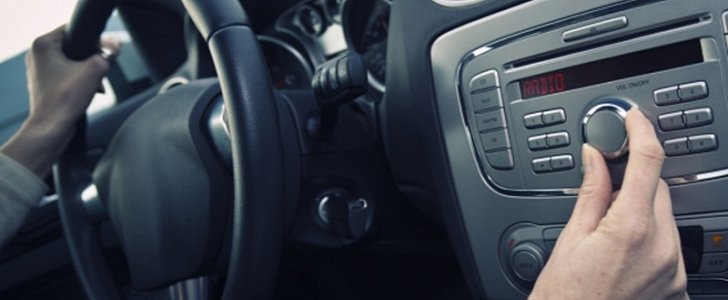Bad news if you’re fond of listening to rock music while driving: a recent study by Chinese researchers links it to a higher incidence of speeding and reckless driving.
The research was carried out at the South China University of Technology and Guangdong University of Technology and published in the International Journal of Environmental Research and Public Health. It argues for the need to introduce public warnings and training of learner drivers in terms of listening to music while at the wheel.
It also highlights the need for further research into drivers’ real listening and crash data, to verify the findings in the driving simulator.
The study included volunteer drivers of various personalities take several drives in the simulator while listening to music from various genres. The conclusion was that those who listened to fast music tended to be more reckless than those that listened to light music or who had no music playing in the car at all. Specifically, they drove an average of 10mph faster and changed lanes about 140 times in one hour, whereas the latter group only changed lanes 70 times during that same timeframe.
Choleric drivers were more inclined to drive faster and change lanes more often than phlegmatic drivers when listening to the same type of music. “Such findings should imply the development of cost-effective driver education, training, and management measures that could mitigate driver distraction. Therefore, the safety awareness and safety performance of drivers could be enhanced,” researchers say.
Even without real-life testing, researchers stress that “a publicity program that could enhance public awareness of the negative impact of music listening on driving performance” would be of great service. At the same time, learner and new drivers should be trained to listen to music with no more than 120 beats per minute – so no rock music at all.
“The findings are useful for the development of effective driver education strategies,” the researchers say.
It also highlights the need for further research into drivers’ real listening and crash data, to verify the findings in the driving simulator.
The study included volunteer drivers of various personalities take several drives in the simulator while listening to music from various genres. The conclusion was that those who listened to fast music tended to be more reckless than those that listened to light music or who had no music playing in the car at all. Specifically, they drove an average of 10mph faster and changed lanes about 140 times in one hour, whereas the latter group only changed lanes 70 times during that same timeframe.
Choleric drivers were more inclined to drive faster and change lanes more often than phlegmatic drivers when listening to the same type of music. “Such findings should imply the development of cost-effective driver education, training, and management measures that could mitigate driver distraction. Therefore, the safety awareness and safety performance of drivers could be enhanced,” researchers say.
Even without real-life testing, researchers stress that “a publicity program that could enhance public awareness of the negative impact of music listening on driving performance” would be of great service. At the same time, learner and new drivers should be trained to listen to music with no more than 120 beats per minute – so no rock music at all.
“The findings are useful for the development of effective driver education strategies,” the researchers say.






